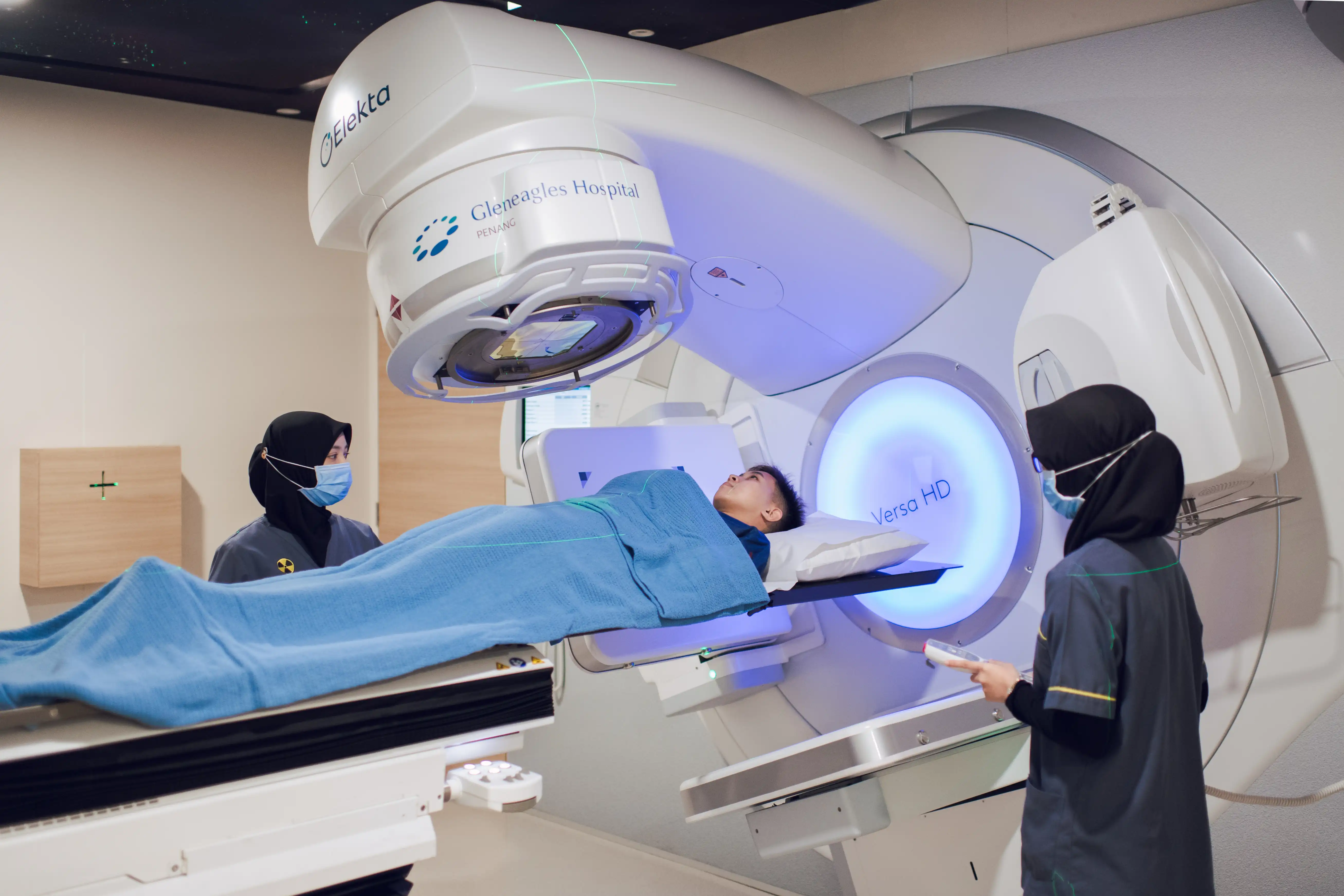
A Pap smear, also called a Pap test, is a test that collects a small sample of cells from your cervix to detect precancerous and cancerous conditions of the cervix. It is considered a primary screening tool for cervical cancer.
Let us learn more about Pap smear procedure in this article.
How is a Pap Smear Done?
The test is usually performed in a doctor’s office during a pelvic examination and only takes a few
minutes. Your doctor would walk you through the steps prior to the procedure.
The doctor will insert an instrument called the speculum into the vagina to widen it to view the cervix and upper
portion of the vagina.
The lower part of the cervix is gently swabbed to collect cell samples using a spatula (Ayre's spatula), whereas a brush (cytobrush) is used to obtain cervix cells from the inner part of the cervix. The sample collected is placed in a liquid preservative and sent to the laboratory for examination.
Why Do you Need a Pap Smear?
One of the best ways to protect yourself from cervical cancer is by getting a cervical cancer screening test. The test can detect abnormal cells like atypical squamous cells of undetermined significance (ASCUS) in the cervix before they become precancerous or cancerous cells.
In women above the age of 30, the sample collected from your cervix is examined for the presence of certain types of human papillomavirus (HPV). HPV infection is a sexually transmitted infection that increases the risk of developing cervical cancer in many women.
How Frequently Should You Get a Pap Smear?

It is advised that women aged make Pap smears (Pap tests) part of their regular annual health check-ups beginning at age 21 or after 3 years of vaginal intercourse.
It should be done yearly till the age of 30, and women whose pap smear results show no abnormalities for 2 consecutive years can be tested every three years.
If you are over 30 and have never had an abnormal Pap smear, talk to your doctor about having one test combined with HPV testing every five years.
Women older than 65 may not be required to be screened anymore if the test results have been normal for several years and after a total hysterectomy procedure where your cervix has been removed as part of the procedure.
Your doctor may suggest a Pap smear more frequently if you have the following risk factors:
- Diagnosis of cervical cancer
- Test results indicate the presence of precancerous cells
- HIV positive
- Exposure to diethylstilbesterol (DES) before birth – a synthetic form of oestrogen
- Weakened immune system from organ transplant, chemotherapy, chronic usage of steroids
Is a Pap Smear Test Painful?
The test itself is painless but there may be some discomfort during the insertion of the speculum into the vagina.
How Should You Prepare for a Pap Smear?
It is recommended to schedule an appointment when you are not menstruating.
If you have a test scheduled within the next two days:
- Avoid douching (cleaning the vagina with water or other fluids)
- Avoid vaginal medicine or cream
- Avoid sexual intercourse
- Avoid the usage of tampons
- Avoid birth control cream, jelly or foam
It is advisable to wear comfortable clothing and to bring something to listen to or read during the Pap smear procedure. Do not be afraid to communicate with your doctor if you are in pain or discomfort at any point during the procedure.
What Does My Pap Smear Result Mean?
A Pap smear test result may be normal, abnormal or unclear.
Normal | Normal or negative results indicate no cell changes in your cervix. No further testing is
required until your next scheduled test. |
|---|
Abnormal | Abnormal changes are most likely caused by HPV. The changes may be mild (low-grade squamous intraepithelial lesion) or severe (high-grade squamous intraepithelial lesion). Mild changes may return to normal on their own. The more severe changes are often called "precancers" as they are not cancerous yet but have the potential to develop into cancer over time. In uncommon circumstances, an abnormal Pap smear may indicate the presence of malignancy (cancer). There will be a need for additional examinations to confirm the diagnosis. The earlier cervical cancer is detected, the more treatable it is. |
|---|
Unclear | Rarely, the results may be unclear and your doctor would advise you to repeat the test in 12
weeks.
|
|---|
Book an Appointment at Gleneagles Hospitals
Are you concerned about the risk factors of cervical cancer?
Get in touch with us to book an
appointment with a Gynaecological Oncology specialist at Gleneagles Hospitals today. We assure you the
best possible care tailored to your specific needs.











